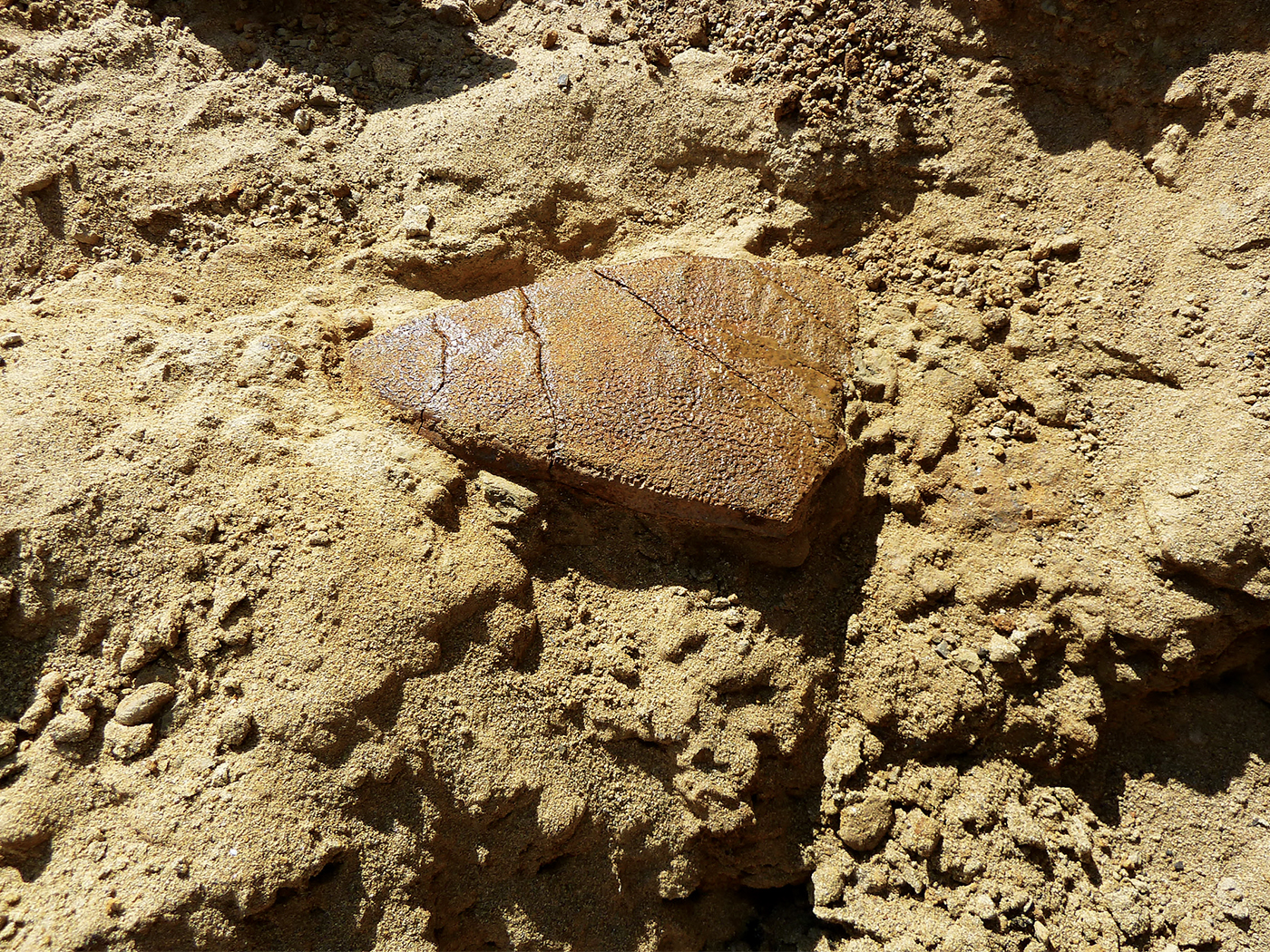A distant rocky planet was recently discovered orbiting close enough to its red dwarf star that liquid water could exist on its surface. This rare position is called the goldilocks zone (not too hot and not too cold) and is one of thousands of preconditions for life to exist on any planet.1
Since the announcement, there has been “breathless excitement.”2 One headline proclaimed, “Odds of Life on Newfound Earth-Size Planet ‘100 Percent,’ Astronomer Says.”3 Another asked, “Could ‘Goldilocks’ planet be just right for life?”4
“All the excitement has been over the subtlest of wiggles” observed in a star system named Gliese 581, 20 light years from earth.5 American astronomers combined data from two different spectral analyses showing the likelihood of six nearby planets.6 However, a Geneva group, also looking at subtle wiggles in Gliese 581’s position in the sky, “announced that they could find no trace of the prized planet.”5
It would be tough for life to exist on a planet that doesn’t.
Even if the planet (dubbed Gliese 581g) is in the goldilocks zone and has water, it would probably be frozen, since one side of the planet always faces its star. Astrophysicist Guillermo Gonzales explained that “for the extreme case of synchronous rotation, the complete freeze-out of water on the dark hemisphere is very likely....Once water begins to freeze on a region of a planet with continuously sub-zero temperature, the stage is set for a runaway process of continuing freeze-out.”7
But even if one were to grant the presence of surface liquid water on Gliese 581g, there are many more hurdles to clear before entertaining the possibility of life there.
Not only does life require external parameters such as the right temperature, pressure, atmospheric composition, and appropriate available elements, it also needs internal equipment capable of producing new generations of the biochemical machines that perform all of the thousands of tiny tasks needed for life processes such as metabolism and reproduction. This equipment would have to be protected from the very environmental conditions—like water, for example—that make life possible. And this is just the tip of the iceberg of living cell requirements.
None of these issues were addressed by study leader Steven Vogt, who said at a press briefing, “Personally, given the ubiquity and propensity of life to flourish wherever it can, I would say, my own personal feeling is that the chances of life on this planet are 100 percent.”3
Perhaps there could be no stronger statement of blind faith that an evolution-inspired, imaginary property of nature could somehow generate life. In reality, any propensity for life to flourish is a direct result of the specialized machinery and coded instructions already placed into living cells, rather than the result of any known natural law.
Those coded instructions make life possible precisely because they circumvent or exploit the laws of nature. Instructions always arise outside of natural laws, and the equivalent of a full encyclopedia is required for even the “simplest” life.8 Wild pronouncements of life on other planets are fueled by evolution-inspired “excitement,” not by real science.
References
- Without liquid water, there would be no medium to facilitate the complex chemistry of life.
- Gugliucci, N. Gliese 581g and the Nature of Science. Discovery News. Posted on news.discovery.com October 14, 2010, accessed October 16, 2010.
- Bryner, J. Odds of Life on Newfound Earth-Size Planet ‘100 Percent,’ Astronomer Says. Space.com, reporting on research slated for publication in Astrophysical Journal. Posted on space.com September 29, 2010, accessed September 30, 2010.
- Borenstein, S. Could ‘Goldilocks’ planet be just right for life? Associated Press, September 30, 2010.
- Kerr, R. A. Recently Discovered Habitable World May Not Exist. Science Now. Posted on news.sciencemag.org October 12, 2010, accessed October 28, 2010.
- Vogt, S. S. et al. The Lick-Carnegie Exoplanet Survey: A 3.1 M_Earth Planet in the Habitable Zone of the Nearby M3V Star Gliese 581. arXiv:astroph/1009.5733. Posted on arxiv.org September 29, 2010.
- Gonzales, G. Habitable Zones in the Universe. arXiv:astroph/0503298v2, 14. Posted on arxiv.org September 1, 2005.
- For example, a recent in-depth study of the “simplest” bacteria, Mycoplasma, shocked its investigators with its “highly structured, multifaceted regulatory machinery, which is unexpected.” Quoted in Thomas, B. Bacteria Study Shoots Down ‘Simple Cell’ Assumptions. ICR News. Posted on January 4, 2010, accessed October 14, 2010.
* Mr. Thomas is Science Writer at the Institute for Creation Research.
Cite this article: Thomas, B. 2010. Doubts Raised about the “Goldilocks” Planet. Acts & Facts. 39 (12): 17.




















